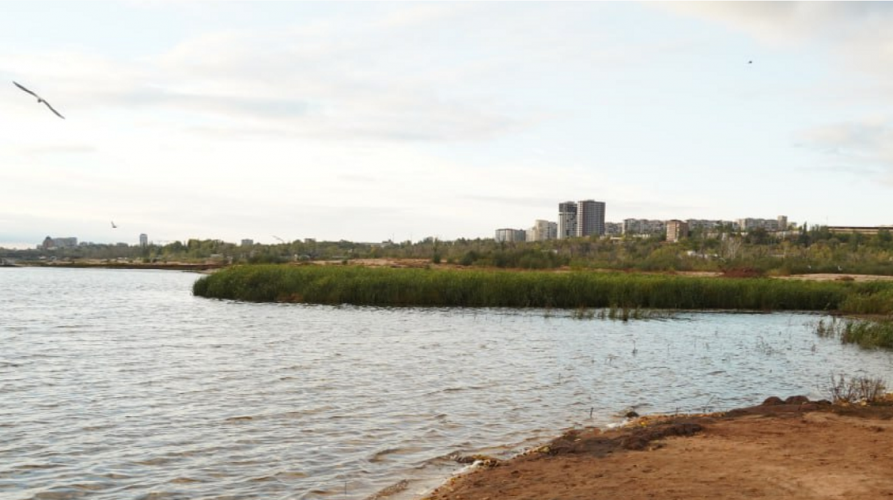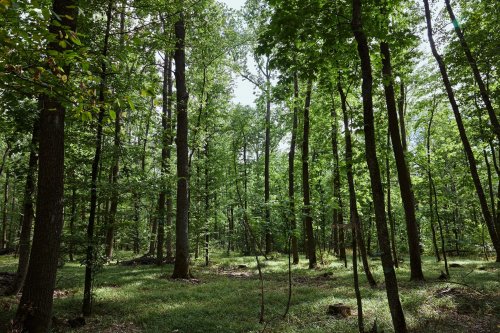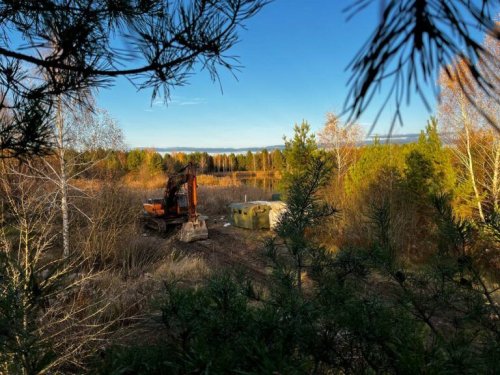Back in the spring, the coast of the Sukha Moskovka, which Zaporizhzhia residents call the “Red River,” looked like a barren desert. Due to the destruction of the Kakhovka Hydroelectric Power Plant, the water receded and exposed silt that had accumulated metallurgical waste over the years. However, now a young willow forest is growing here, and the land has been given a chance to be cleaned up.
This was reported by ecologist and researcher of the Great Meadow Pavlo Oliinyk to the Telegraph publication.
A veritable chemical assortment
More than 80 years ago, water from the Sukha Moskovka began to be used in industrial processes. As a result, the coastal soil, which was previously the riverbed, became heavily polluted with heavy metals.
This is confirmed by the results of samples from the river delta, which were published by the ecologist. For example, the lead content is 6.45 times higher than normal, copper is 3.5 times higher, and manganese is almost five times higher. The river water itself has a rusty color due to iron oxide.
Willow purification
Willows are natural sponges for toxins. According to Pavlo Oliinyk, they “bind” heavy metals that enter the tree through the roots. Therefore, in the future, these plants should reduce the level of cadmium, zinc, copper, and other chemical elements in the soil. In addition, the forest should strengthen the coastal rocks, so the benefits of such natural greening are comprehensive.
Earlier, EcoPolitic wrote about how the Mokra Moskovka River was saved from oil pollution.





